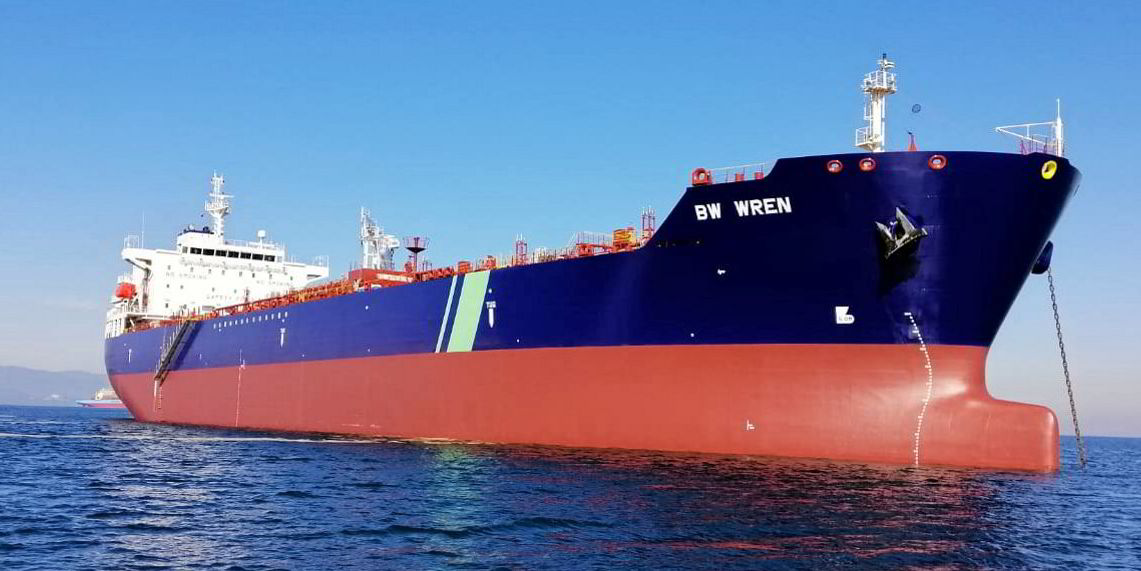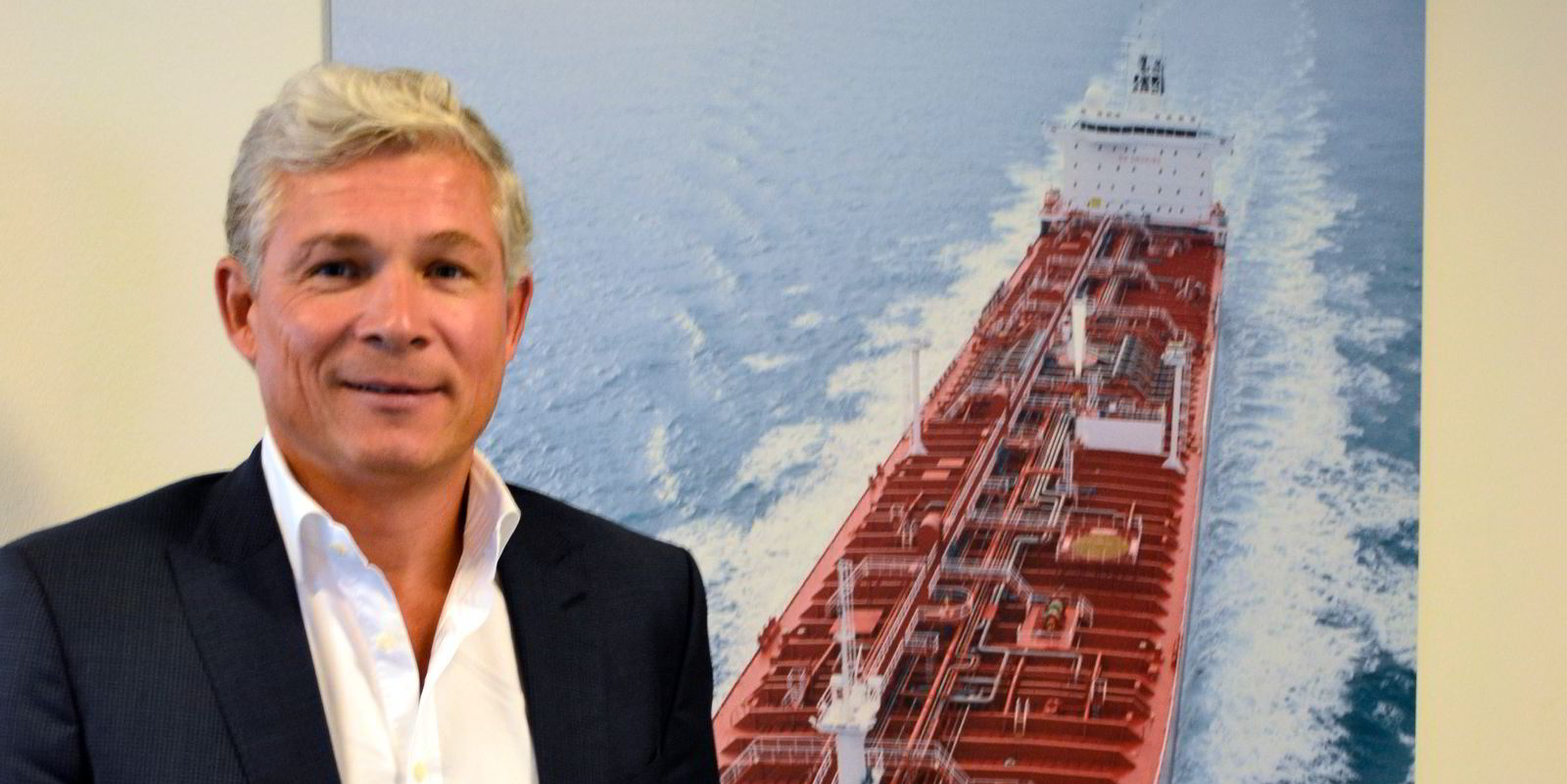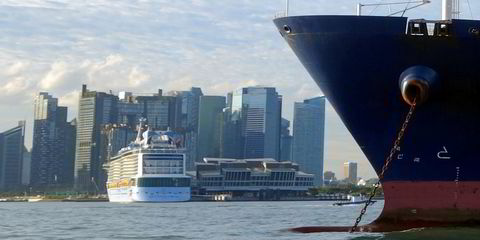Wartsila will retrofit 10 Hafnia oil and chemical tankers with new propeller systems to cut fuel costs.
The work will take two years, according to the Finnish technology group.
The vessels will be fitted with two systems to improve the flow of water into the propeller and with a more efficient energy-saving propeller unit that also reduces underwater noise.
Wartsila said the systems have previously been found to cut fuel use by 6% to 8%, leading to reduced emissions and an improvement in the ships’ Carbon Intensity Indicator ratings. A higher CII rating can attract better rates from charterers.
Studies have suggested that efficiency gains are vital if the industry is to remain on track to achieve its decarbonisation ambitions.
New cleaner fuels will not be widely available before the 2030s, putting the immediate emphasis on techniques such as improved hull paints, wind propulsion, better maintenance and slower steaming to cut emissions.

Researchers at UK consultancy UMAS say vessel efficiency improvements of 60% will be needed by 2030, compared with 2008 levels, if shipping is to play its part in keeping global warming below 1.5C of pre-industrial levels.
“There are many benefits to be gained by improving the operating efficiency of our vessels’ propulsion systems and we look forward to having these innovative Wartsila solutions installed,” said Ralph Juhl, executive vice president of technical at Hafnia.
“At Hafnia we are working hard to decarbonise our operations, and these retrofitted solutions will support this commitment.”
Singapore-headquartered Hafnia owns 114 vessels, with a further 14 chartered in. MR tankers comprise nearly half the total, according to its latest accounts.
Read more
- Hafnia commercial chief Soren Winther downplays impact of Israel war on tankers
- 100% dividends? Hafnia boss Mikael Skov will need to talk to the board
- Hafnia latest shipowner to target secondary listing in New York
- Time to ‘take a profit’: J Lauritzen sells out of Hafnia for $29m
- Hafnia brings in Su Yin Anand as director Ouma Sananikone steps down





